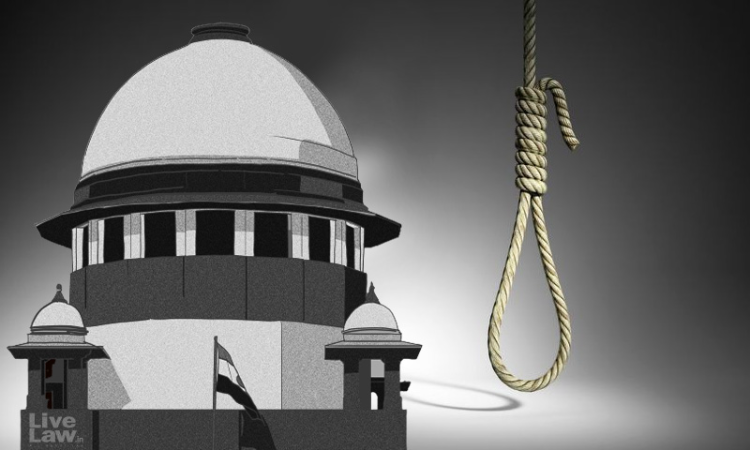The Supreme Court today upheld the conviction of the father who committed the gruesome daylight murder of his pregnant daughter also leading to the death of the child in the womb. While holding so, the bench comprising Justices BR Gavai, Aravind Kumar, and KV Viswanathan rejected the appellant's/father's contention that the non-examination of the independent witnesses by the prosecution...

